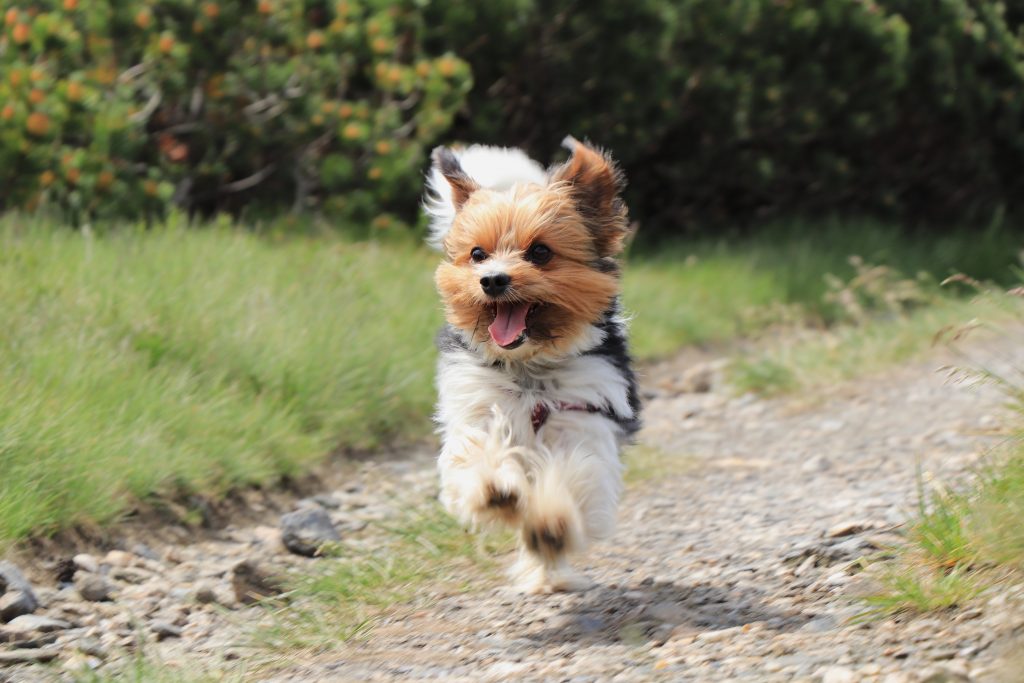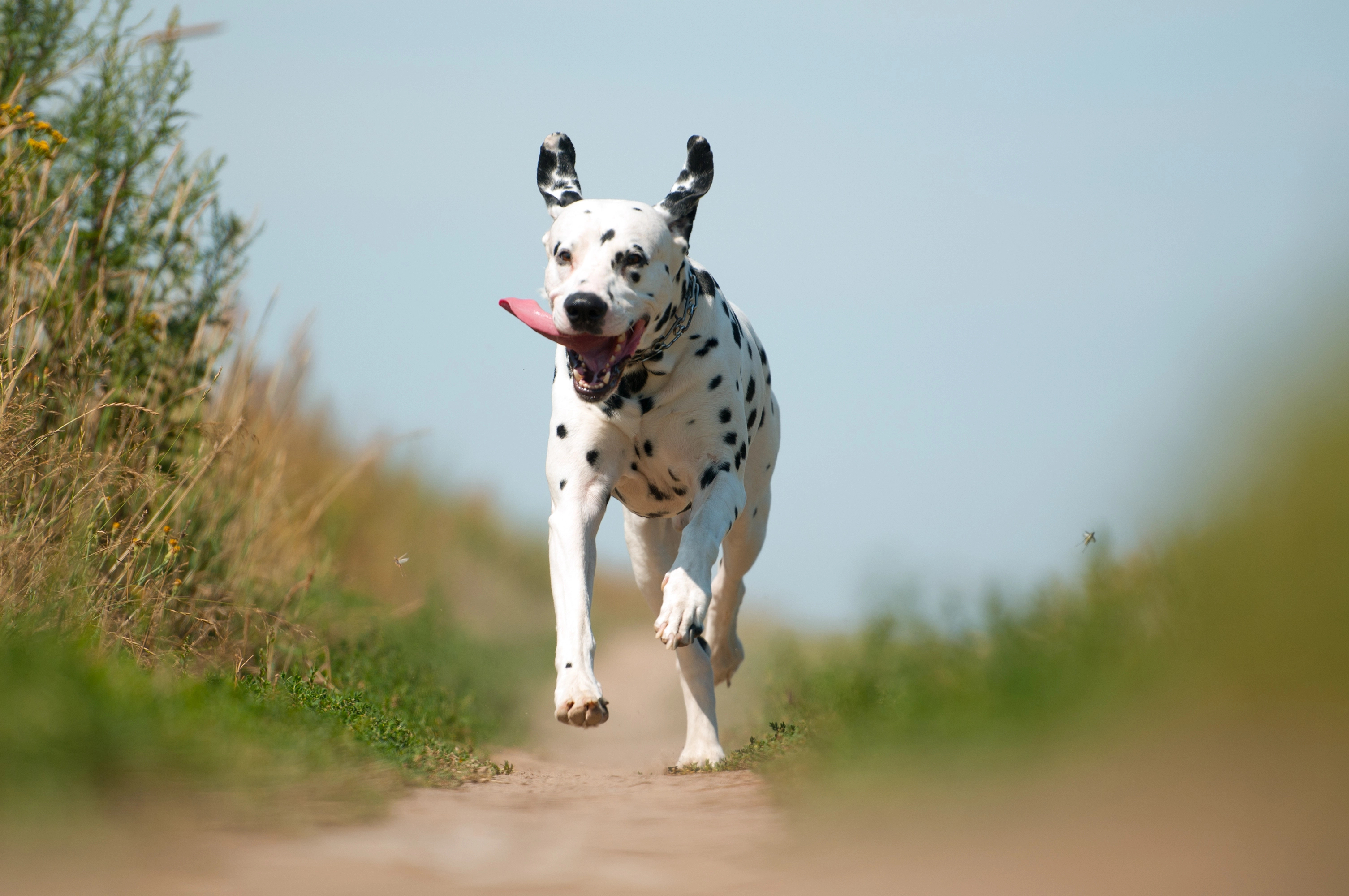Hyperactivity in dogs is a problem that many pet owners face. It manifests as excessive enthusiasm, difficulty concentrating, constant movement, and trouble calming down. While many dogs naturally have high energy levels, hyperactivity can be a sign of insufficient stimulation, emotional issues, or an inappropriate routine.
Causes of Hyperactivity in Dogs
Hyperactivity can result from various factors, including:
- Lack of Sufficient Physical Activity – Dogs, especially high-energy breeds, need regular walks, play, and exercise. Lack of movement leads to a buildup of energy, which can manifest as hyperactivity.
- Lack of Proper Mental Stimulation – Dogs are intelligent animals that need challenges. Lack of mental stimulation can lead to frustration and excessive activity.
- Fear and Stress – Dogs may react with hyperactivity to stressful situations, such as separation from the owner, new environments, or loud noises.
- Training Mistakes – Lack of clear rules, inconsistent training, and a lack of structure in the dog’s daily life can lead to behavioral issues.
- Health and Diet – Sometimes hyperactivity can be caused by health problems or an inappropriate diet. Excess sugar, artificial additives in food, or food allergies can negatively affect a dog’s behavior.

How to Deal with Hyperactivity in Dogs?
- Regular Physical Activity
Dogs need exercise – that’s the basic rule. Set regular, long walks and give your dog the opportunity to run, fetch, or play with other dogs. This will help them burn off excess energy, positively impacting their behavior at home. - Mental Stimulation
Besides exercise, dogs also need mental challenges. Incorporate mental games into their daily routine, such as interactive toys that force the dog to think, hide-and-seek games, or obedience training. This allows the dog to release energy in a non-destructive way. - Regular Routine
Dogs are creatures of habit. Regular feeding, walking, and rest times will help your dog feel more secure and relaxed. Consistency and predictability can significantly lower a dog’s stress and anxiety levels. - Training and Obedience
Investing time in training will help your dog understand what is expected of them. It’s worth consulting a professional behaviorist who can show you how to handle your dog’s excessive enthusiasm. Commands such as “sit,” “lie down,” or “stay” can help control the dog’s behavior in stressful situations. - Natural Relaxation Methods
There are many natural methods to help calm a hyperactive dog. Essential oils like lavender or chamomile have calming effects. They can be used in the form of aromatherapy, for example, by spraying the oil in the room. Additionally, consider giving calming products such as natural dietary supplements for dogs, which help reduce excessive activity. - Consultation with a Veterinarian
If hyperactivity is severe and none of the above methods bring the desired results, consult a veterinarian. Hyperactivity may be a symptom of health issues that require treatment. The veterinarian may also recommend supplements or calming agents suited to your dog’s needs.
Hyperactivity in dogs can be a frustrating problem, but there are many ways to deal with it. The key to success is consistency, patience, and providing your dog with appropriate amounts of physical and mental activity. It’s also worth trying natural relaxation methods that can support the calming process. One such solution is Aqualapka calming tinctures, which, thanks to natural ingredients, help in combating excessive activity and allow your dog to remain calm during challenging moments. You can find them in our store.

